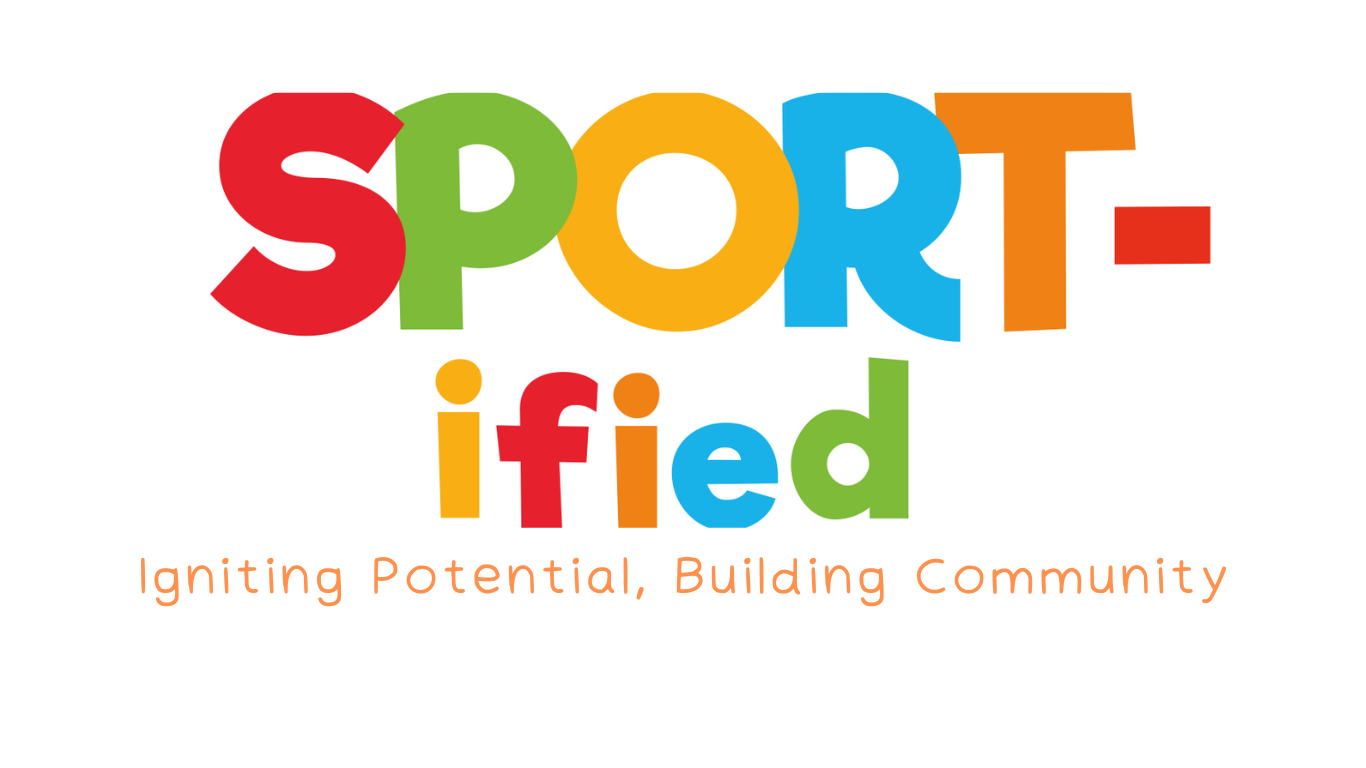Sports and physical activity are crucial for child development as they provide numerous physical and mental benefits. Physical activity helps children develop gross and fine motor skills, as well as improve their cardiovascular health, strength, and endurance. It also helps children maintain a healthy weight and reduce the risk of developing chronic diseases such as obesity and type 2 diabetes. Sports and physical activity also promote socialization and teamwork, as children learn to communicate and cooperate with their peers. This helps children develop social skills, self-confidence, and self-esteem, which are essential for their overall well-being.
Furthermore, sports and physical activity can also help children develop discipline, perseverance, and mental toughness. Children learn to set goals and work towards achieving them, as well as learn how to handle challenges and setbacks. These skills are not only beneficial for sports but also for their academic and personal lives. Additionally, participating in sports can also encourage children to lead healthy and active lifestyles. This can lead to long-term benefits such as reduced stress, improved sleep, and a positive outlook on life.
Sports can also provide children with a sense of purpose and belonging as they become part of a team or club. This can foster a sense of community and belonging, which is important for children’s mental health and well-being.
Lastly, sports can also expose children to new experiences and cultures, as they may have the opportunity to participate in sports events or tournaments with other teams or communities. This can broaden their horizons and encourage cultural understanding and appreciation.
In conclusion, the importance of sports in child development cannot be overstated. It provides numerous physical and mental benefits, encourages a healthy and active lifestyle, fosters a sense of purpose and belonging, and exposes children to new experiences and cultures. Encouraging children to participate in sports and physical activity is crucial for their overall development and well-being.

